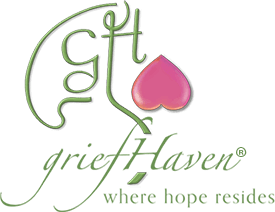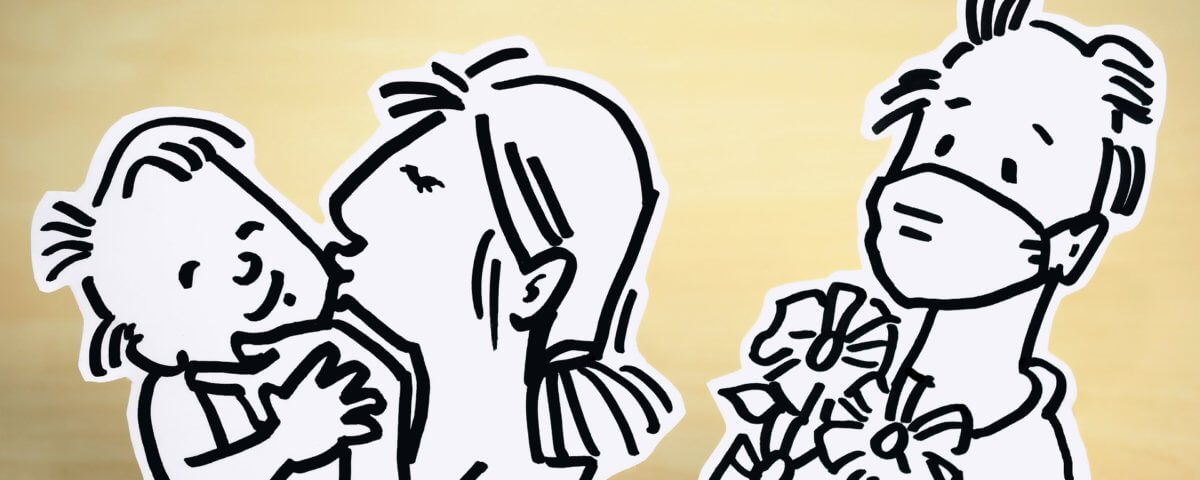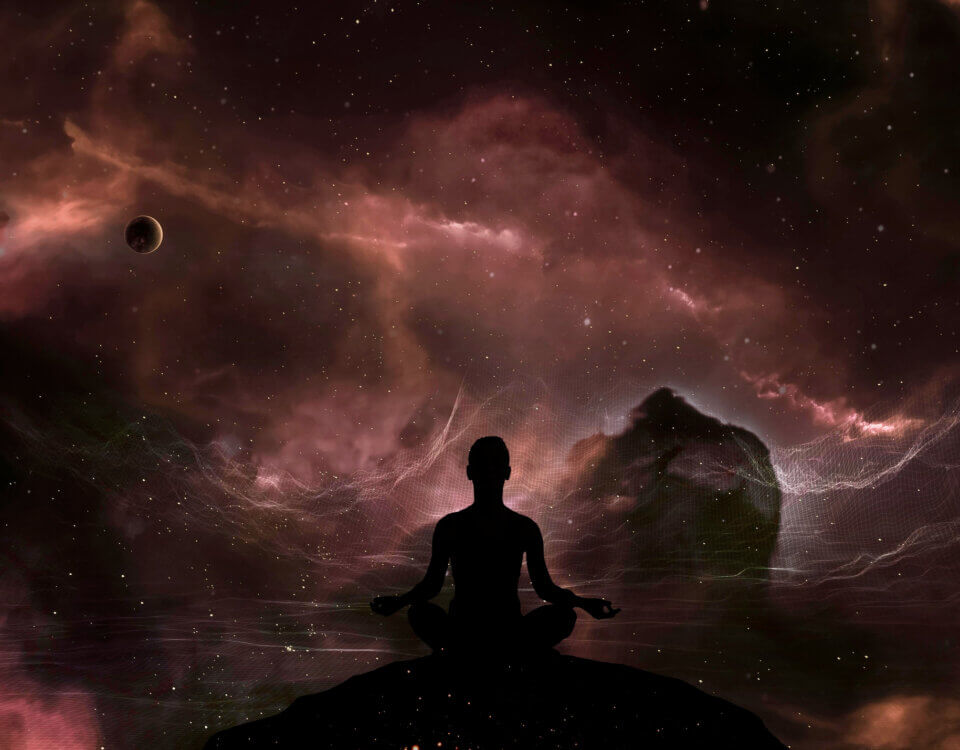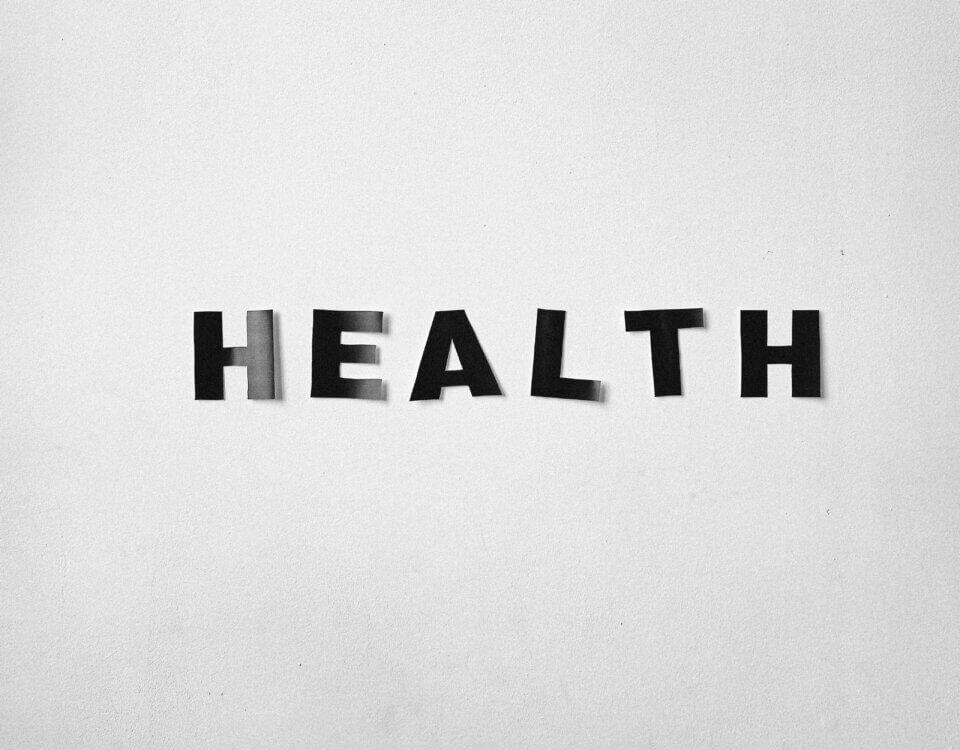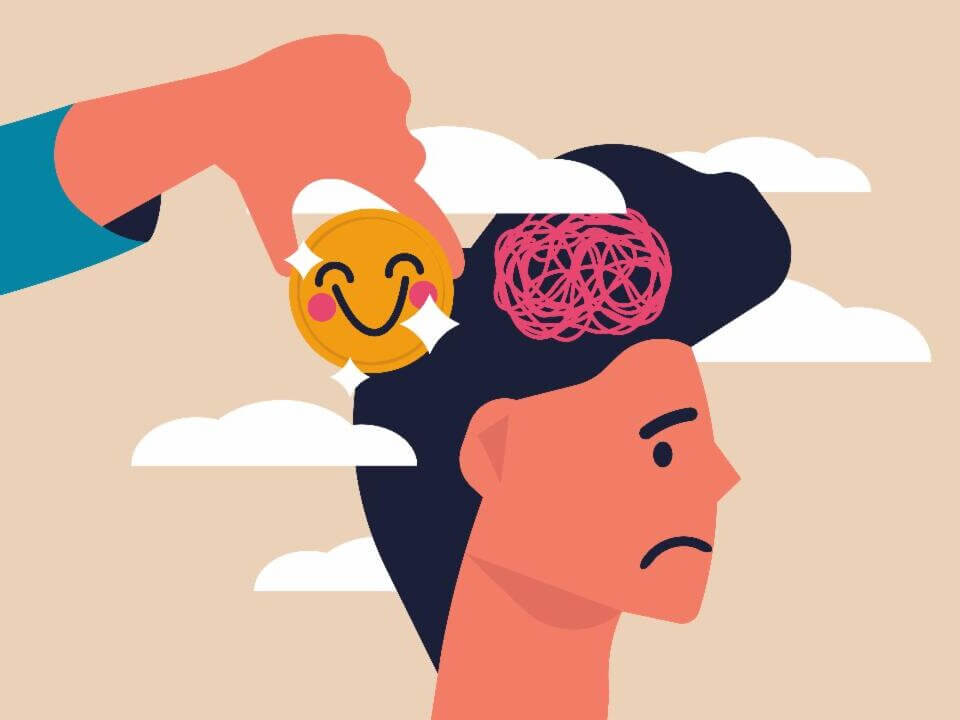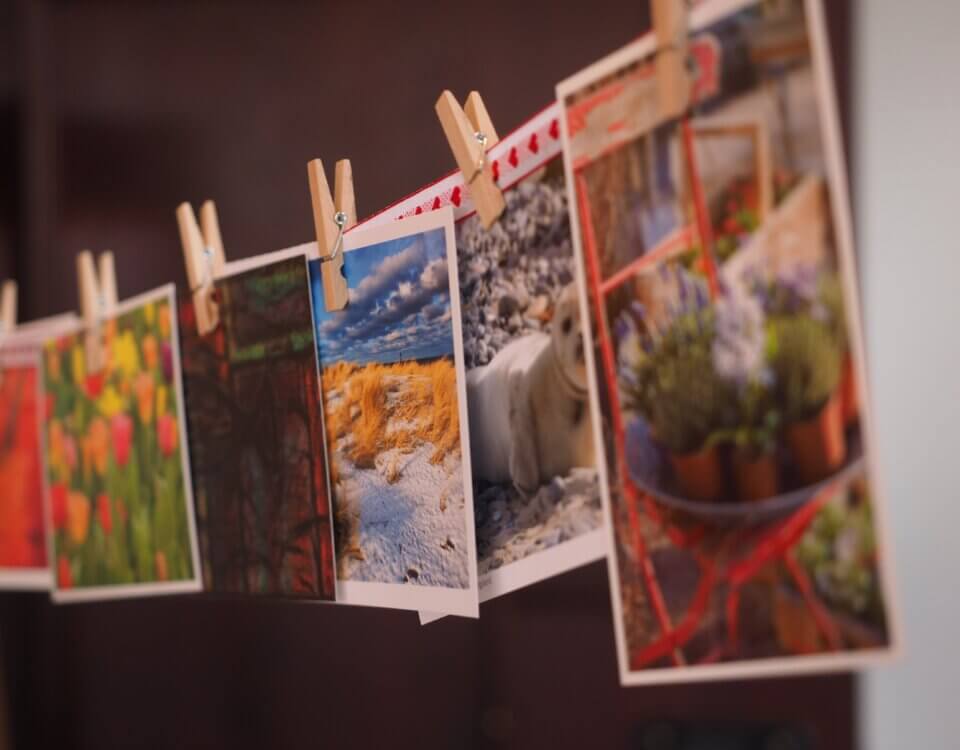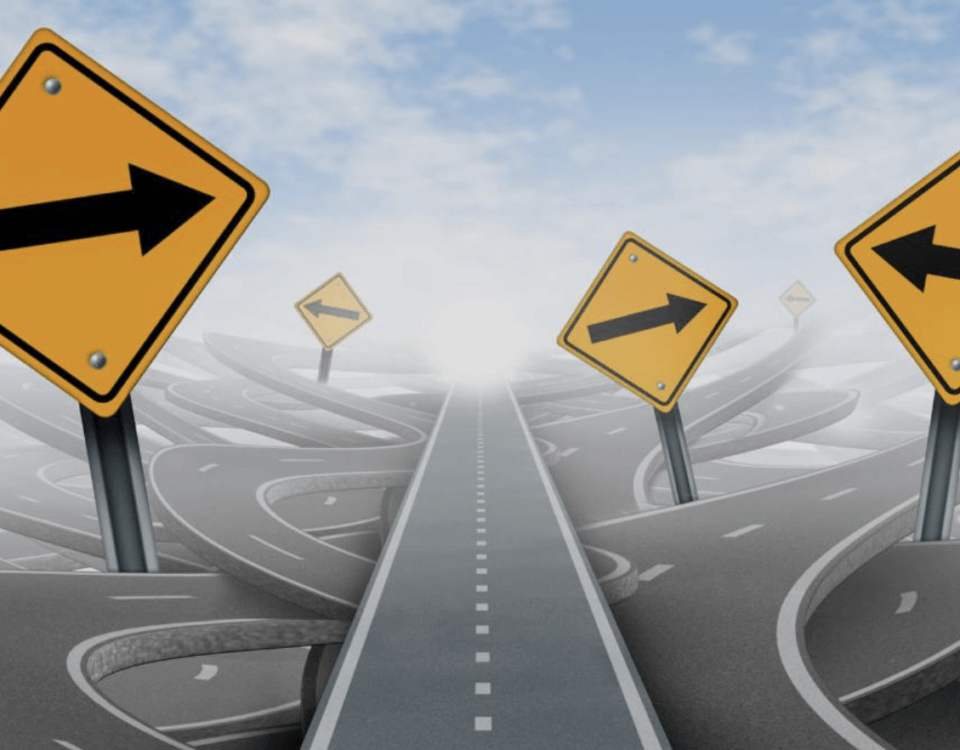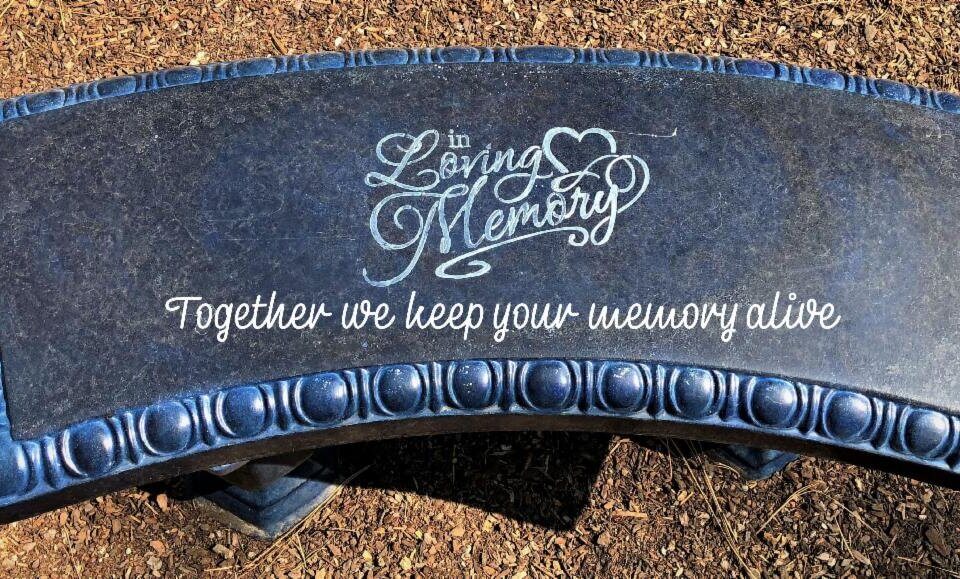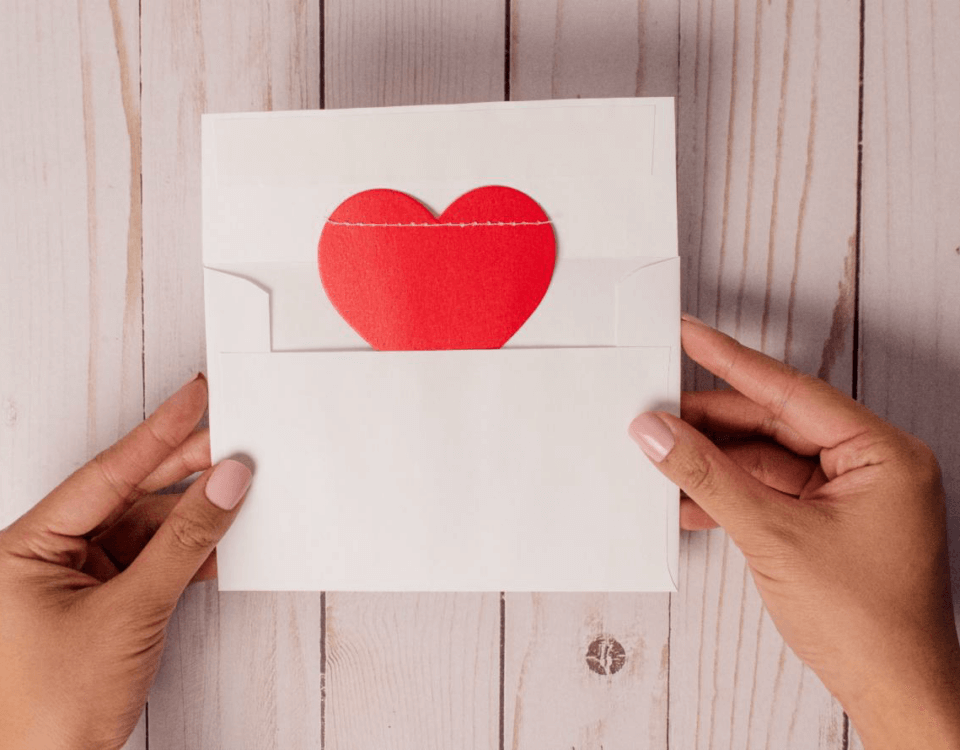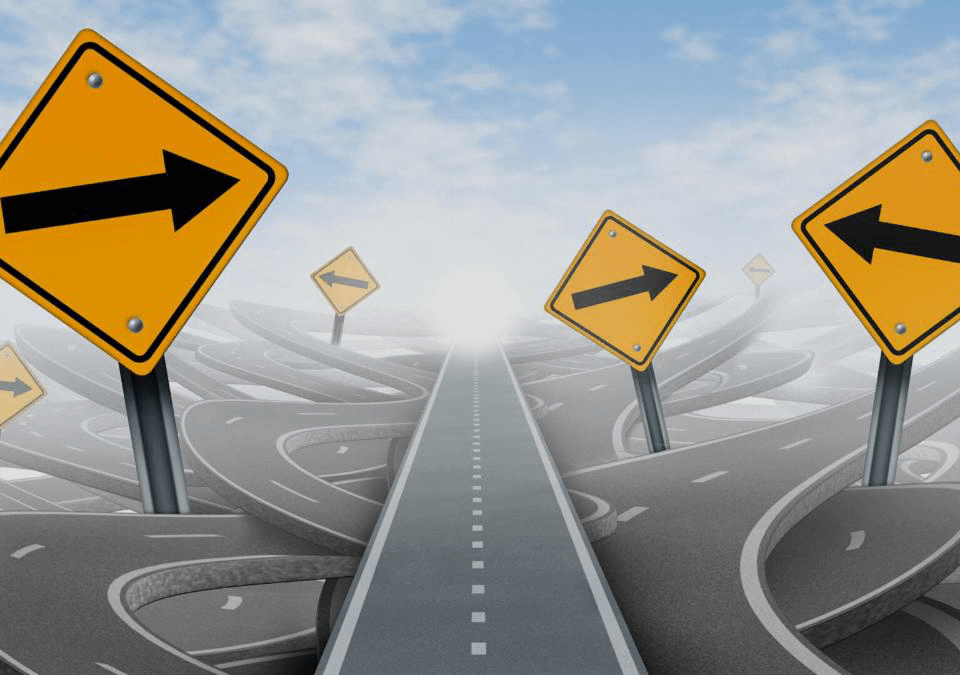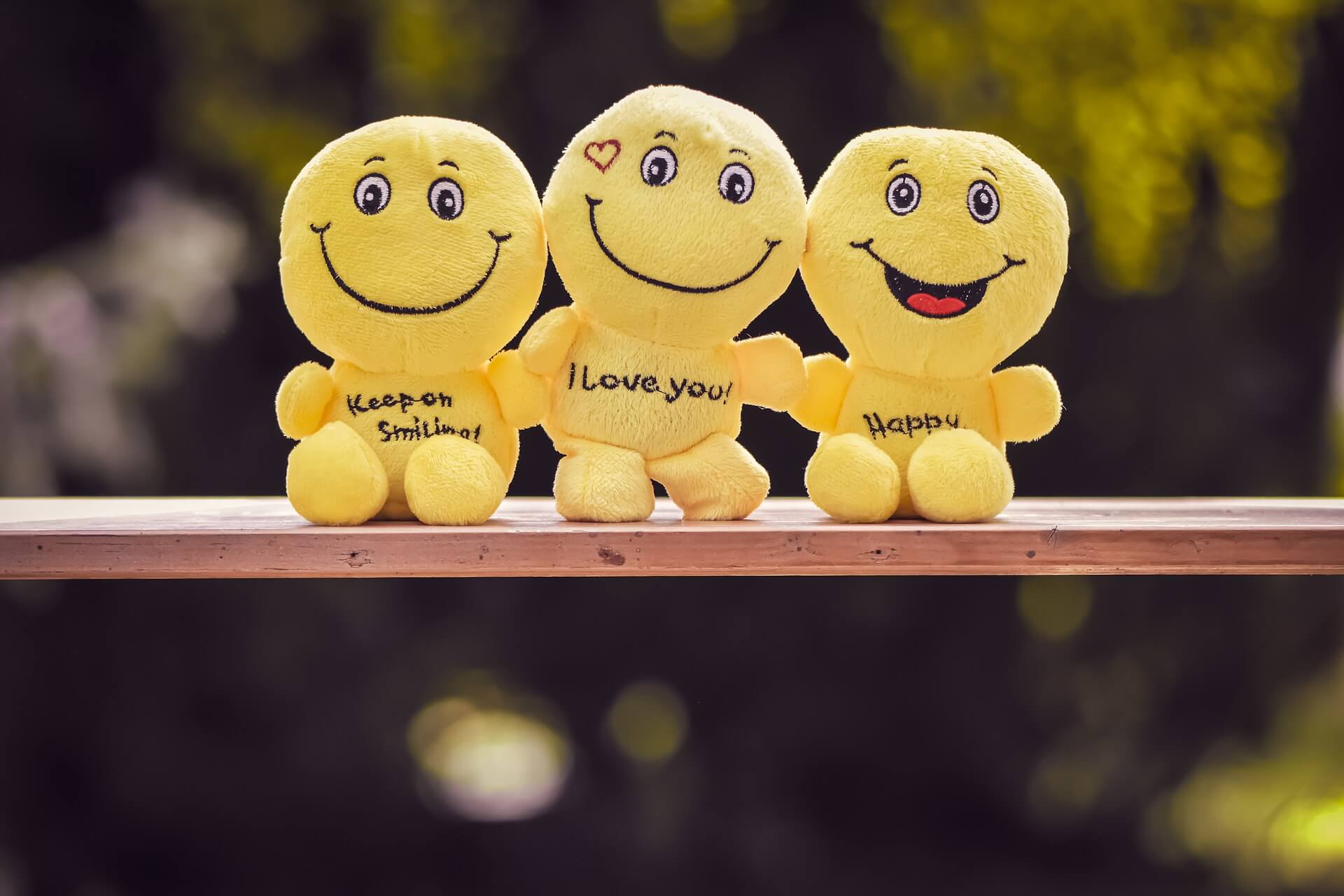
Regulating Mood During Covid19
April 22, 2020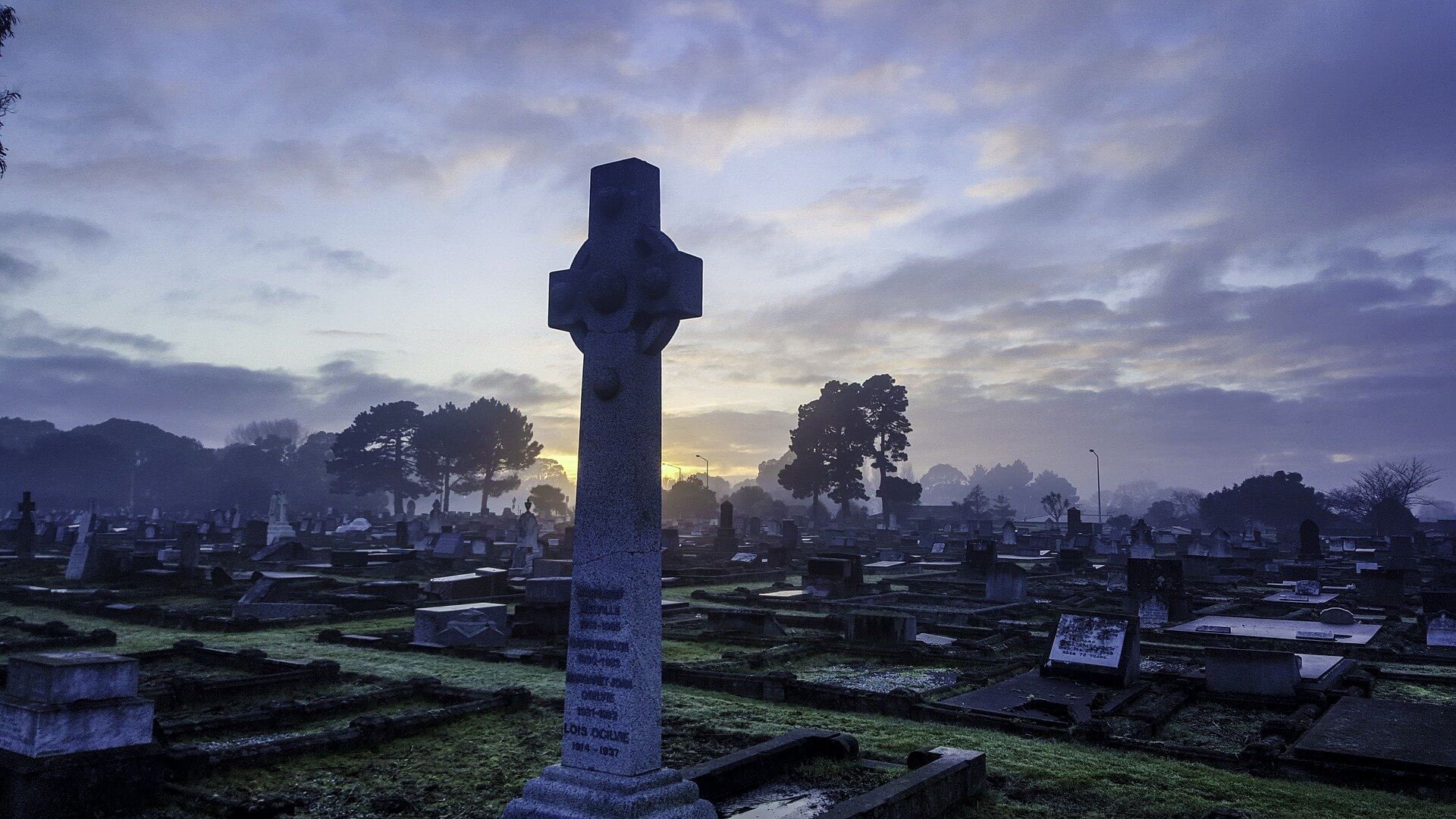
Multiple Losses In Succession “Now cut off from the world… Complicated Grief”
May 13, 2020Share This Article
COVID-19 and the Collective: A Mother's Journey
By Chanel Brenner
...the only thing we have to fear is...fear itself —
--Franklin D. Roosevelt, First inauguration
When my six-year-old son was in the hospital for a brain hemorrhage, a nurse sequestered my husband and I into a tomb-like conference room with a box of tissue paper, a pitcher of water, and crackers. I thought, This is where they put parents of dying children.
Earlier, pacing the hall outside of the Pediatric Intensive Care Unit, my husband, Lee, had yelled, "Fuck!," hoisting his arms in the air and looking up at some invisible God.
I imagine we looked like two inmates wandering a prison's corridor, trapped, afraid, and desperate to escape.
We spent the day our son died in that narrow room with our best friends, Beth and David, a couple who had introduced us and married two years before we did. Beth had been my best friend since high school and we used to commiserate on the phone in our teens over our fear of breast cancer and AIDS. We were both children of alcoholics and hypochondriacs. We'd reassure each other, I'm sure you don't have it. I'm sure you're okay. It lessened our fear to be in it together.
I remember Beth saying that day, as I sat still in a chair doing nothing, "I can see how you and Lee handle things differently.
I didn't respond to her…just took it in. I didn't know what she meant at the time, but her words stuck with me.
Cut to 2020 and COVID-19. My friend's words echo in my head as I witness my husband text friends and make phone calls. Laughing, he says, "I'm making some new friends."
The energy of his voice stuns me like an electric shock. 2
Meanwhile, I feel myself withdrawing, retreating inside myself. I text or call one or two friends or family members a day and it feels draining. I feel sapped by the collective fear.
I am here in the middle of this pandemic, but I'm also still frozen in that chair, sitting and waiting for news about my son. The anticipatory grief constrains me like a straitjacket. I am having thoughts that mirror the ones I had that day. Will my son live or die? Can he come back from this or is the damage too extensive? Will my life ever be the same again?
This pandemic is triggering memories of that other loss. I've been here before. I know this. I can do this. For fourteen months before my son died, I knew that he had an Arteriovenous Malformation (AVM) and lived with the knowledge that he could be having a brain bleed at any moment. There was an invisible threat in his head that could kill him and no cure.
But it's not just me. We're all in this together and the fear is spreading around the country, and growing faster than the virus. The fear feels scarier than the virus. The empty shelves of fear. The fear of human contact. The fearful words, Be safe.
The word safe has lost all meaning, I think, as I stand outside our neighborhood grocery store waiting to be let in. The man in front of me in line wears a snazzy sci-fi mask and the man behind me wears black gloves. The middle school field across the street is quiet and full of emptiness. I breathe in through my exposed nose and hold my reusable grocery bag with my naked hands. I will use hand sanitizer after I exit the store like I always do and immediately wash my hands at home (not like I always do.)
Now, there is an invisible threat outside that can kill us. There are always unseen threats that can kill us, I remind myself. The drunk driver running a red light. The shooter pulling a trigger. A brick falling off a building. A tsunami. The seasonal flu. I worry that we are giving this virus too much energy. I worry that anxiety is compromising our immune systems. I worry that grief and isolation are irrevocably impacting our mental health. Will we ever shake hands again? Will we always buy extra at the store? I worry that we're making decisions out of fear. I worry that people are going to kill themselves.
In an article, I read about the pandemic, That Feeling You're Feeling is Grief, Scott Berinato writes, "This is the time to overprotect, but not overreact." This resonates with me. We had to observe our son for AVM bleed symptoms and make decisions about when it was appropriate to call his physician or take him to the hospital. One time he complained of a bad headache, and we watched him closely for other signs like vomiting, memory loss, and sleepiness. We consulted with his doctor who said it was possible he was having a small bleed, but without acute symptoms it wasn't worth getting another CT scan or going to the ER.
We took precautions with him after his first bleed, like not allowing him to lift heavy things. We also gave him a safe laxative for constipation to avoid straining during a bowel movement. We were told that there was no proof that bearing down caused bleeds, but out of the utmost precaution, it was recommended. We overprotected him.
Since my son's death, I've mothered his younger brother, who was two at the time his brother died, with the fear of more loss, learning how to navigate the terrain between overreacting and overprotecting. The question I have learned to ask myself is, Am I being knowingly negligent? It is a question I have been asking myself during this pandemic, using it as a compass to help guide me.
When we were told by a woman with a kind face in the hospital that our son's brain was devastated and he would never be able to talk or understand language again and would likely live the remainder of his life in a nursing home on a respirator, we chose to pull the plug—not out of fear, but out of hope. We donated his organs. We gave life to the living ones who had a chance. We gave hope to other parents. All the children that received Riley's organs are still thriving.
I was irrevocably changed by my son's diagnosis and death. Instead of screaming and pulling my hair out the night he died, I wrote a poem and became a poet. Instead of succumbing to negative thoughts like, My life is ruined…I can't live like this, I focused on mothering my living son and being in the moment with him. Instead of spiraling in fear every time he had a fever or complained of a headache, I envisioned him surrounded by light. Grief transformed me.
I have hope that this pandemic grief is going to transform us on a collective level. I have hope that we are all going to become better people, a better nation and a better world. Just as I wish my son never had an AVM and died, we will wish COVID-19 never happened and the lives lost could have been spared. But we will be permanently altered for the better, and I believe we will not want to go back to who we were before the virus.
Chanel Brenner is the author of Vanilla Milk: a memoir told in poems, (Silver Birch Press, 2014), which was a finalist for the 2016 Independent Book Awards and honorable mention in the 2014 Eric Hoffer awards. Her work has appeared in New Ohio Review, Modern Loss, Poet Lore, Rattle, Muzzle Magazine, Salamander, Spoon River Poetry Review, Literary Mama, and others. Her poem, "July 28th" won first prize in The Write Place At the Write Time's contest, judged by 4
Ellen Bass, and her poem, "Apology," won first place in the Smartish Pace Beullah Rose Poetry Prize.
